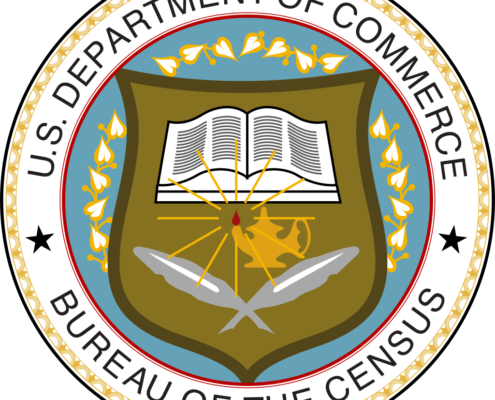HHS COVID Funding Tracker
/in Better Government, Blog, Blog: Better Government, Blog: Healthcare Transparency, Blog: Transparency, COVID Health, COVID Transparency, Featured, Healthcare, rCOVID, Transparency /by Michael Walker Share on Facebook
Share on Twitter
Share on
LinkedIn
+
As of July, the Feds have distributed $86.7 billion to medical providers, of which $2.3 billion came to Massachusetts. Pioneer’s new HHS COVID-19 Funding app shows who and how much, from the $1 sent to American Current Care of Massachusetts, to the $418,034,675 sent to the MA Department of Public Health. We also break down the distribution by city or town.
Get Our COVID-19 News, Tips & Resources!

Hubwonk Ep. 6: COVID-19 and Commerce: Main Street’s Concerns with Governor Baker’s Course
In this episode of Hubwonk, Host Joe Selvaggi & Pioneer Research Analyst Rebecca Paxton to get reactions to Massachusetts Governor Charlie Baker’s phased reopening, from the leaders of two statewide business organizations, NFIB and Retailers Association of Massachusetts.

Holyoke Soldiers’ Home Study Targets Inadequate Nursing Home Staffing Standards
Standards enforced at the federal and state levels are insufficient to address chronic staffing issues reported by staff and residents’ families at the Holyoke Soldiers’ Home, making that facility particularly vulnerable to the COVID-19 pandemic, according to new Pioneer Institute research.

Kaya Henderson, Former Chancellor, D.C. Public Schools, on Leading Urban District Reform
This week on “The Learning Curve,” Cara and Gerard are happy to be joined by Kaya Henderson, the former chancellor of the District of Columbia Public Schools. They discuss the historic reforms Henderson oversaw, including increasing enrollment and improved test scores in an urban district that had been one of the lowest performing in the country.

28.9 percent of the Massachusetts workforce and 24.1 percent of the U.S. workforce have filed unemployment claims over the past eight weeks.
Data released yesterday by the U.S. Department of Labor and the Massachusetts Executive Office of Workforce Development show that 28.9 percent of the Massachusetts workforce and 24.1 percent of the U.S. workforce have filed unemployment claims over the past eight weeks.

Time to follow the science, not fear
Over the past two months, we have all learned a great deal about COVID-19 and the efficacy of - and the new challenges created by - our policy responses. Pioneer Institute believes it is time to shift to a more thoughtful, science-based footing in our approach to COVID-19 policymaking. The following are principles for state and local public officials to consider as we move forward.

Where in Massachusetts is being hit hardest by unemployment due to COVID-19?
Pioneer’s new tool, called “COVID Unemployment Tracker,” provides an interactive look at how economic shutdowns in response to the COVID-19 pandemic are affecting jobs and lives across the state of Massachusetts.

How will COVID-19 affect the 2020 Census in Massachusetts?
On April 1, 2020, the U.S. Census Bureau unveiled a flood of…

Hubwonk Ep. 5: COVID Calling: How answering the tracing phone call will move us forward
In this episode, Host Joe Selvaggi and Co-Host Barbara Anthony speak with the heads of Partners in Health Drs. Sheila Davis & John Welch on how they are bringing their expertise battling Ebola in West Africa to defeating the COVID-19 epidemic in Massachusetts. They explore precisely how and why tracing is an essential element in battling the epidemic.

COVID-19 Roundup from Pioneer: Swabbing at home?; Is re-infection real?; Latest unemployment numbers; Can colleges survive?; What does re-opening look like?; How Holyoke happened; Homeschooling summit; Stargazing & more!
Pioneer staff share their top picks for COVID-19 stories highlighting useful resources, best practices, and questions we should be asking our public and private sector leaders.

As college students and parents demand robust COVID-19 response, university finances suffer
COVID-19 is likely going to put severe pressure on college finances in the coming months due to costly added safety measures, cuts to state funding, and foregone revenue from campus housing, services, and events.


